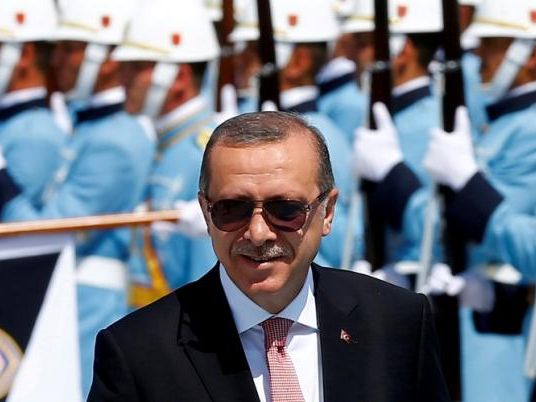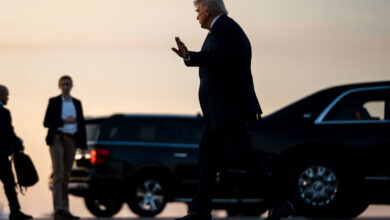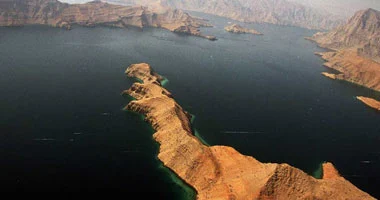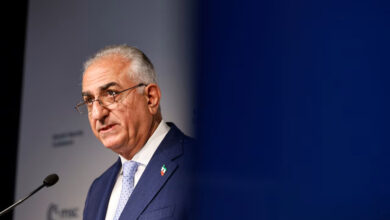
Iran summoned the Turkish ambassador in Tehran on Monday over comments made by Turkish Foreign Minister Mevlut Cavusoglu and President Tayyip Erdogan accusing the Islamic Republic of destabilizing the region.
Tehran and Ankara support opposite sides in the conflict in Syria with mostly Shia Iran backing the government of President Bashar al-Assad while Turkey, which is majority Sunni, has backed elements of the Syrian opposition.
In Iraq, commanders of the predominantly Shia Popular Mobilisation Units, many of whom are trained and funded by Iran, have been highly critical of Turkey's military presence there.
On Sunday, Cavusoglu told delegates at a security conference in Munich, “Iran wants to turn Syria and Iraq into Shia,” according to Turkey’s state-run Anadolu news agency.
Cavusoglu also said Turkey was against any sectarianism in the Middle East and had called on Iran to stop threatening the region's stability and security.
"We will be patient with their positions," Iranian foreign ministry spokesman Bahram Ghasemi said on Monday in reference to the comments made in Munich, according to the Mehr News agency. "But there is a certain cap for our patience."
The Turkish foreign ministry responded by saying Iran should "revise its regional policies and take constructive steps, rather than criticizing countries that voice criticism of Iran".
But Turkish Deputy Prime Minister and government spokesman Numan Kurtulmus had earlier in the day struck a more conciliatory tone, downplaying any reports of tension.
“Iran and Turkey are friendly nations. There can be differences in views from time to time, but there can’t be animosity because of comments," he told reporters during a news conference after a cabinet meeting.
"Even if our political differences with Iran emerge, these shouldn’t be blown out of proportion," he said.
(Reporting by Babak Dehghanpisheh in Beirut and Tulay Karadeniz, Tuvan Gumrukcu and Parisa Hafezi in Ankara; Editing by Louise Ireland)




